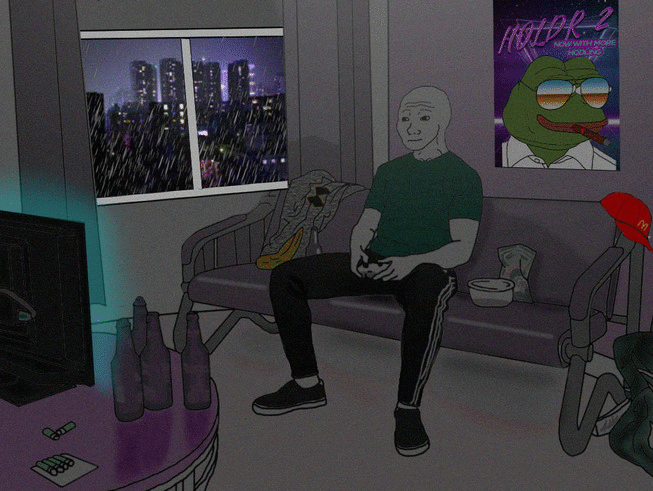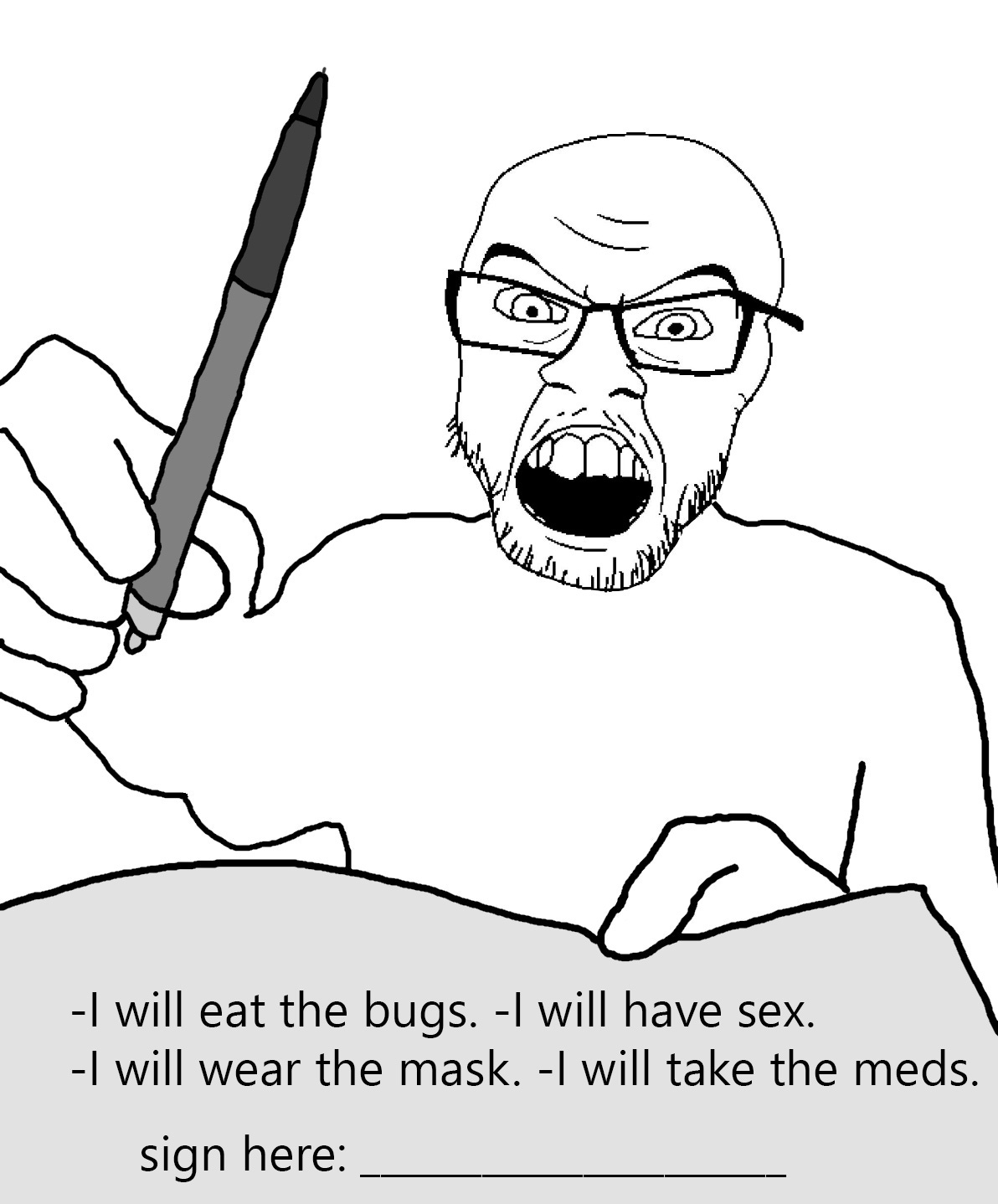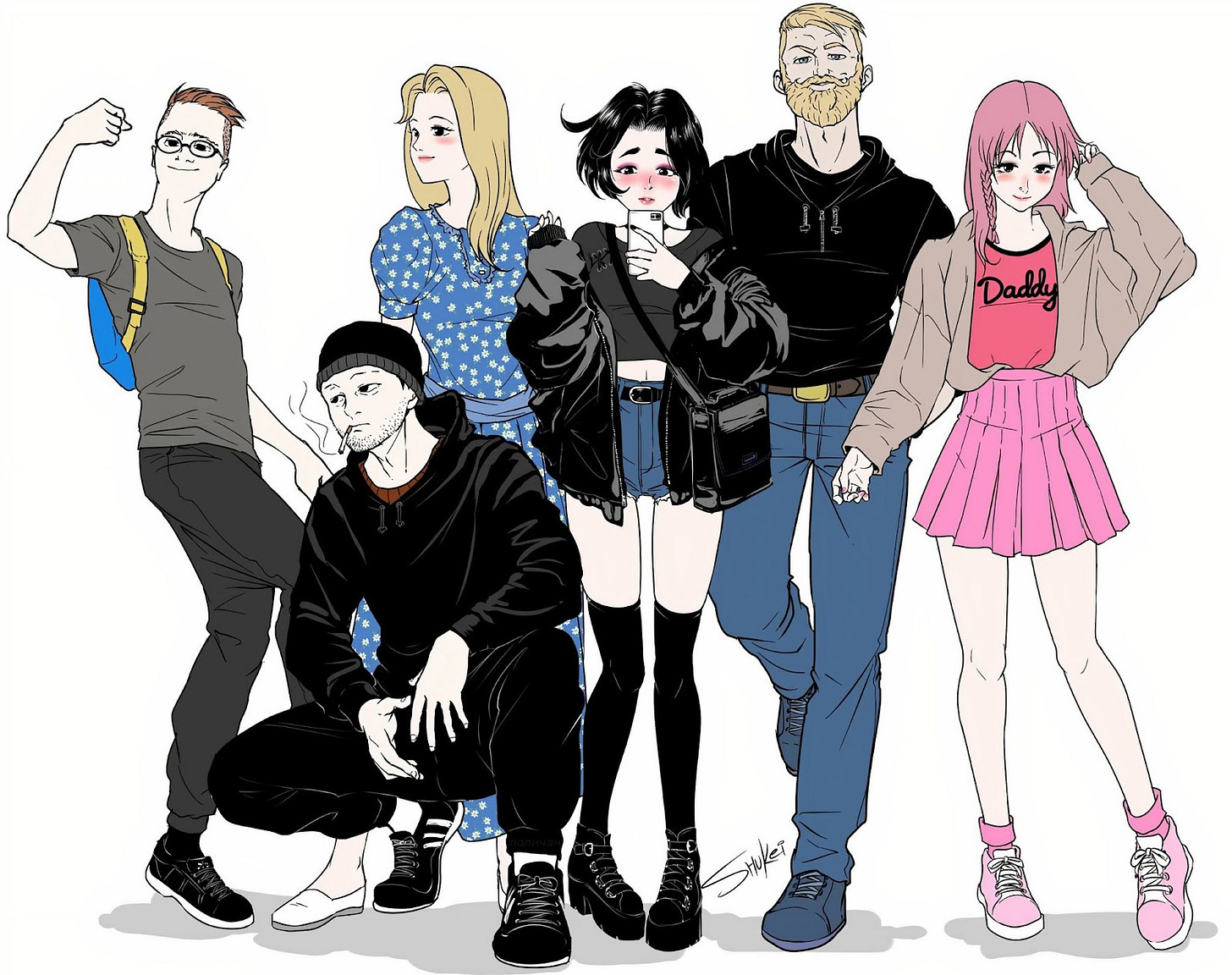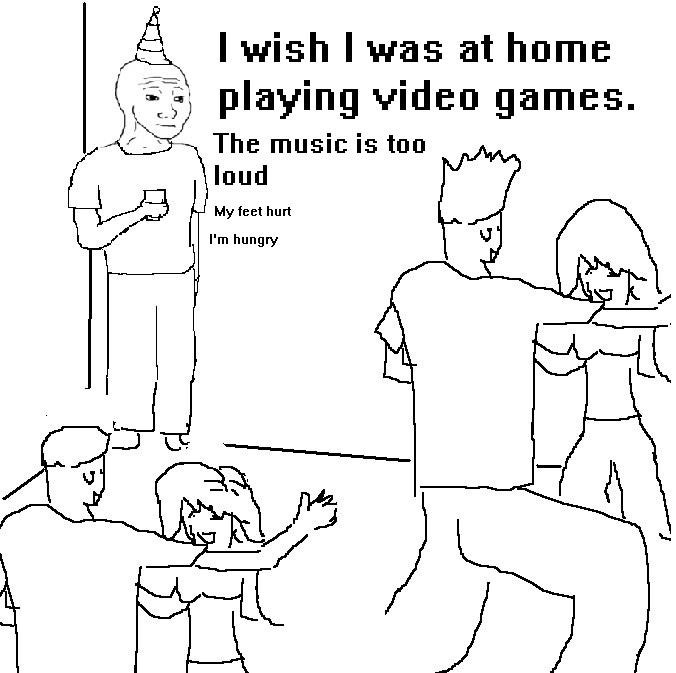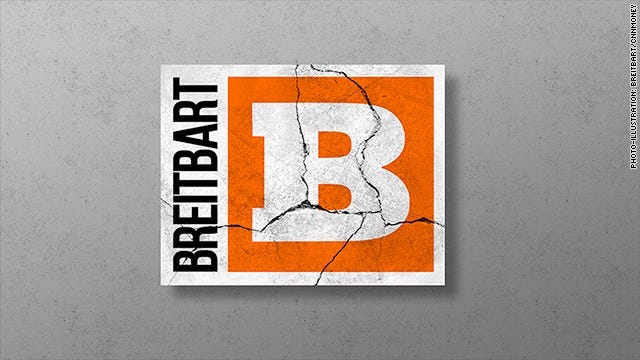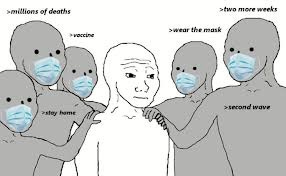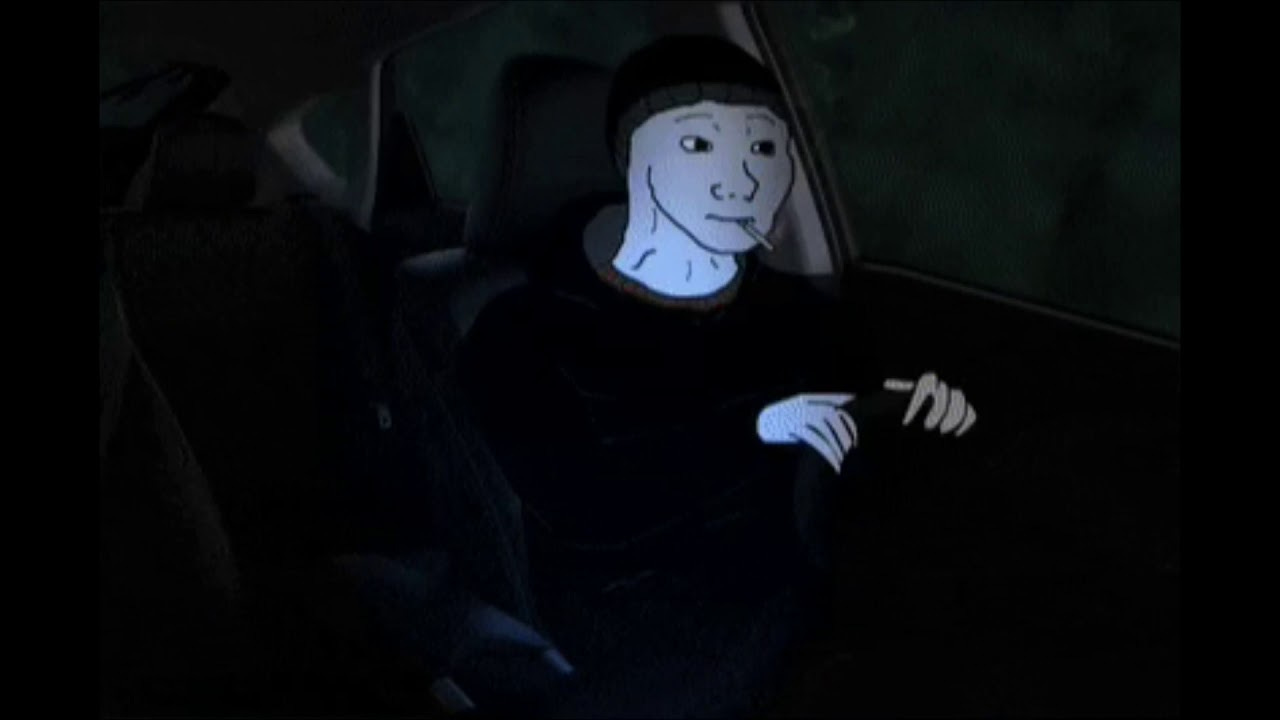It’s time, my friends, that I provide some insight into a meme that has shaped so much of the modern internet culture that we have so chosen to inhabit. This deep, dark, and sad little niche internet subsphere of ours would not be the same if it wasn’t for our little friend, Wojak.
You see, Wojak isn’t always happy, Wojak isn’t always sad, and Wojak isn’t always somewhere in between: Wojak is wherever you place them. Wojak is an inherently multifaceted character, and they have an infinite number of variations. Even the origin of Wojak’s name is knotty, and up to interpretation. Wojak’s name comes from the handle of the Krautchan user that initially posted them, and presumably drew him. The word can be literally translated from Polish as “soldier,” but this word in Polish can also be expanded to “trooper;” or someone who is capable of enduring difficulty, and continuing to push on despite it. From their history as an illustrative representation on imageboards of the suffering experienced by those with social difficulties, to an Alt-Right meme, to the perfect personification of the “Little Man,” that is so commonly perpetuated throughout modernist Doomer Humour, Wojak has almost come to epitomise Gen Z – throughout all their various stages, and in all their different forms.
The “Soyjak,” the “Virgin,” the “Chad,” the “Doomer” (and his various “Oomer” compatriots – the “Zoomer,” “Boomer,” “Consoomer,” et cetera), the “NPC,” are some of the most popular representations of Wojak, and I’m sure that you’ve seen a Wojak meme that includes at least one of these archetypes; likely one that holds at least a subtle political connotation. Due to their simple style, Wojak is easy to digitally edit, and has truly managed to become a representation of just about all groups that comprise modern society; from the most generalised and basic “Chad” Wojaks that epitomise the classic American jock, to niche representation of Papua New Guinean tribesman, Wojak is utterly universal.
To get to the root of Wojak’s universality, and understand their contemporary usage, one must dive deeply into their history. Initially, Wojak was highly associated with gamer culture; in fact, the earliest known depiction of them is in this image, which was shared on the “Sad and Useless” imageboard of the previously mentioned site Kratuchan in late 2009.
Initially, Wojak was associated with meta-memes that referenced loneliness, and the emotions that came along with being an introvert, and more specifically, the technology enthusiast/gamer core demographic that occupied the niche imageboards like 4chan, 8chan, and Krautchan. This demographic often felt ostracised by broader society, especially in the late 2000s and early 2010s, when gaming was often associated with negative stereotypes, and being “too” appreciative of technology would have one labelled as a nerd. As the years passed by, the modern wave of liberalism began to emerge into the mainstream, which often targeted this demographic, assuming they possessed radical rightist views, or were misogynistic, and the imageboard users contemporary to the time found themselves being targeted by both the modern left and old guard right.
Eventually, this conflict’s first major flashpoint occured in 2014, with the onset of the “Gamergate” movement, centred around online forum users attacking major gaming news outlets for journalism that they did not like, and deemed to be a negative form of post-modernist feminism. (This was also the beginning of the so-called “feminist-wrecked” style of memes that were so popular amongst young boys in that time period). Zoe Quinn,
developer of the indie game “Depression Quest,” and Anita Sarkeesian,
a game critic took the brunt of this criticism as a result of their outspoken feminist views, and their desire to remove sexism from the gaming industry, which this demographic argued did not exist.
The “Gamergate” fiasco drew a lot of attention, and led to a broad demonisation of these niche online subcultures – oftentimes having more average and regular video game enjoyers lumped in with them, leading to the rise of the “sceptic” community, which would later begin to heavily intersect with the Alt-Right movement, a newly popular ideology promoted by the likes of Richard Spencer, Milo Yiannopolus, Gavin McInnes, Breitbart News, and Rebel Media.
This so-called “Alt-Right Pipeline” was notoriously infectious amongst the youth of the time, especially the “tween” demographic, (my contemporaries during the era). The phrase “the left can’t meme” was an incredibly popular one during the period, and the Alt-Right was doing everything they possibly could in order to prove this. Their key tool, you may ask? Wojak himself.
Most, if not all boys who grew up with the internet and are between 18-30 would have been heavily exposed to this media, and it surely did rub-off on the internet in general. Once this fad had mostly dissipated from the mainstream, think 2018-2019, the “culture war” of the internet had mostly faded into an earlier epoch, with contemporary online political discussion becoming less extreme (amongst the mainstream), and Alt-Right figures and publications either being deplatformed, or simply losing viewership. Now, all that was left was the meme culture; all that was left was Wojak. Despite the fact that Left vs Right tensions are still as high (if not higher) than ever, the semantics of said conflict have shifted quite a bit, and the idea of the “Alt-Right” as it was once known has faded away. Its audience (consisting mostly of preteen-teenage boys) have grown up, and many of them have shifted their political views away from said extremist ideals as they have gained more life experience, but their meme culture did not change.
Although the Internet Culture Wars still raged on, Wojak was a person left behind; he was once again a blank slate, no longer blanketed with such negative connotations.
As other internet subcultures began to realise this, Wojak was repurposed and redesigned in thousands of different ways. It was through this process of reclamation that Wojak was finally able to take on their true form as a universal being that had the capacity to represent all.
Wojak is often still used in a vaguely political manner, but is no longer limited to any particular ideology. Even Wojak variants like Soyjak don’t explicitly *have* to have a political agenda, they can simply be used to make fun of nintendo fans, Doomers are not *required* to hold strong anti-governmental opinions, they are often simply used to portray the more gloomy and disparate sides of life.
This Youtube Channel, “Low Budget Stories” is the epitome of what Wojak represents, even returning them to their Polish roots via the Polish writer of the stories. In these videos, the more ridiculous sides of life are parodied, and the saddest parts accurately portrayed, all with different Wojak variants. Wojak isn’t one specific person, and does not belong to one specific subculture. Wojak is an elected representative of the internet, and by extension, modernity and the modern world as a whole.



